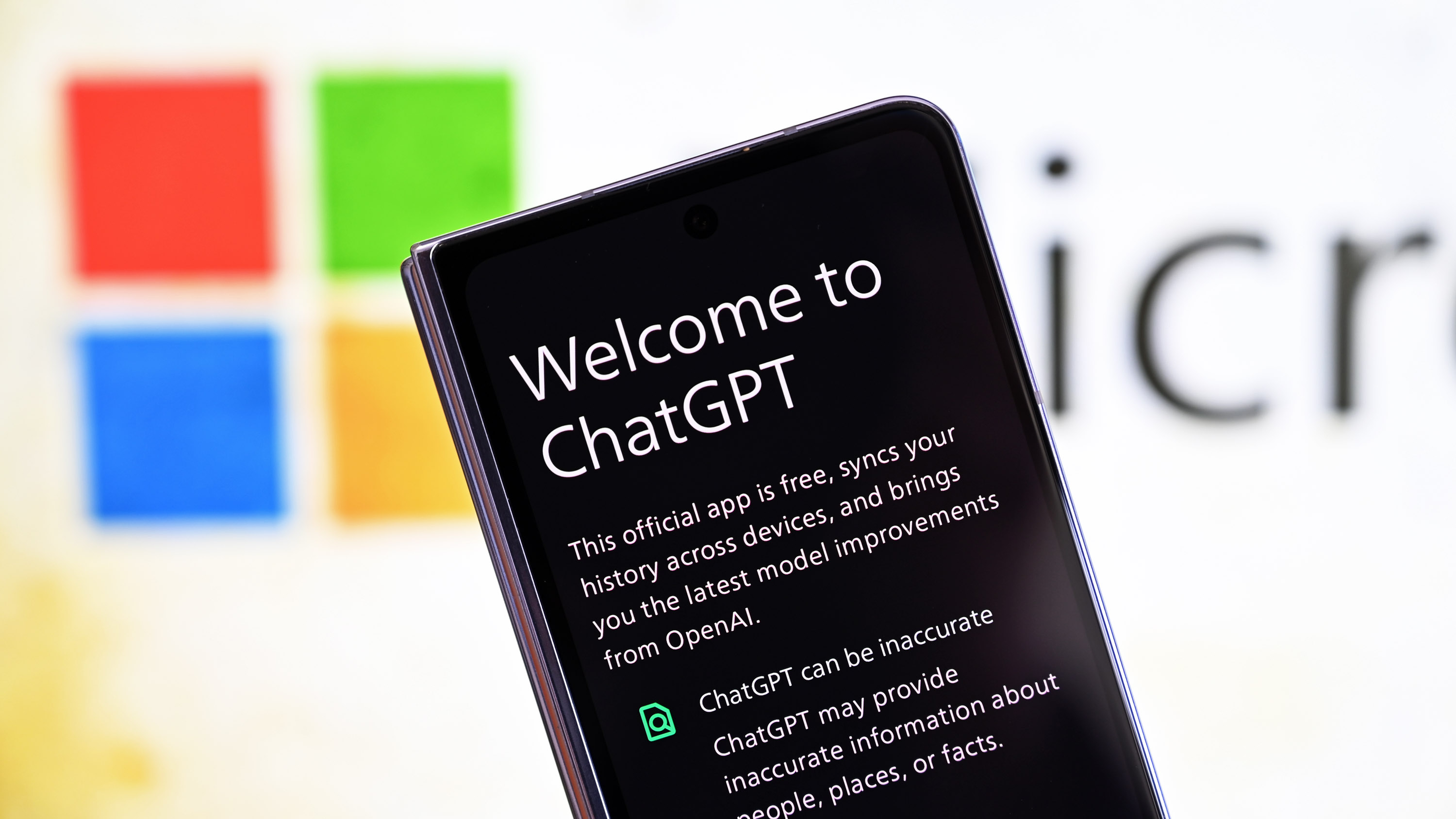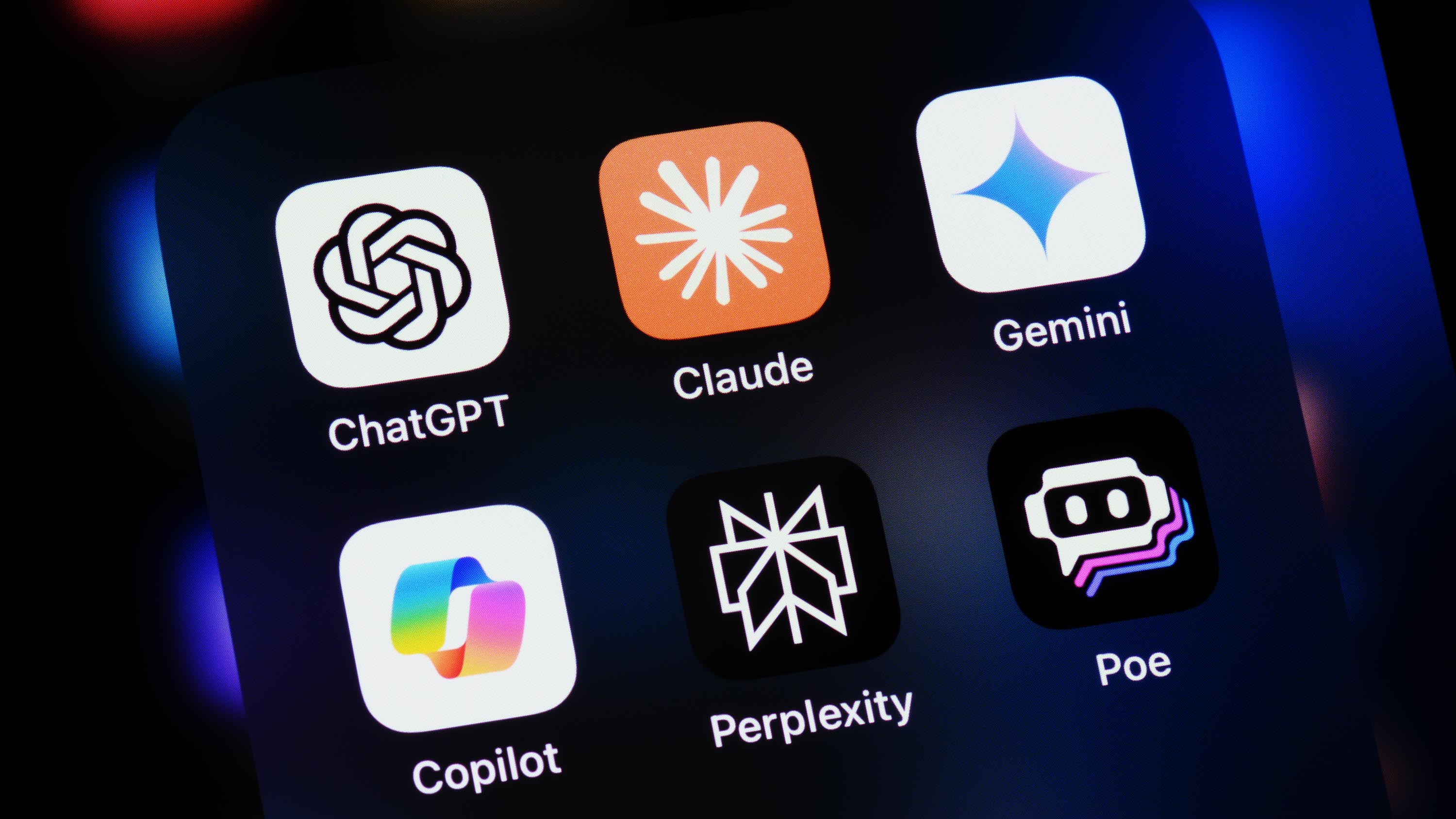Microsoft won’t take bigger Copilot risks — due to "a post-traumatic stress disorder from embarrassments," tracing back to Clippy
Microsoft claims Copilot and ChatGPT are synonymous, but three-quarters of its AI division pay out of pocket for OpenAI's superior offering because the Redmond giant won't allow them to expense it.

All the latest news, reviews, and guides for Windows and Xbox diehards.
You are now subscribed
Your newsletter sign-up was successful
Microsoft Copilot (formerly Bing Chat) and ChatGPT are arguably the most popular AI chatbots with broad adoption across the world. However, the latter has a health lead. Microsoft CEO Satya Nadella attributed its broad adoption to OpenAI having a 2-year runway to build and develop ChatGPT uncontested.
Interestingly, a separate report suggested that the top complaint about Copilot to Microsoft's AI division is that "Copilot isn't as good as ChatGPT." Microsoft dismissed the claim, attributing it to poor prompt engineering skills. The company blatantly indicated that users weren't leveraging the tool's capabilities as intended, hence the disappointing user experience.
While Microsoft has since launched Copilot Academy to remedy the situation, a new report by Bloomberg Businessweek seemingly corroborates the rising complaints about Copilot and its user experience.
According to some Microsoft insiders, the report details that Satya Nadella's vision for Microsoft Copilot wasn't clear. Following the hype surrounding ChatGPT's launch, Microsoft wanted to hop on the AI train, too.
A dedicated software team showcased demos with OpenAI-powered functions built into Office programs, but Nadella wasn't pleased, further indicating that something was still missing. “This feels like just a set of features,” Nadella added.
As such, the team took a different approach that bundled OpenAI's technology into a single assistant, Microsoft Copilot. According to a former Microsoft Copilot product manager, Microsoft AI assistants are inconsistent, partly due to poor coordination between teams and the company's rigidity to risk it all with AI. “It felt like there were 13 different Copilots,” a former Microsoft design leader added.
Interestingly, while Microsoft Copilot garnered user interest, many customers reportedly discovered it was an inferior product with a degraded user experience compared to OpenAI's ChatGPT.
All the latest news, reviews, and guides for Windows and Xbox diehards.
As a result, a concerning trend emerged where users defaulted to ChatGPT for questions and pasted the responses into Microsoft Word rather than leveraging the in-built Copilot service. However, Microsoft has an upper hand over OpenAI with its AI-powered intelligent recap feature that provides quick summaries for Teams meetings.
Copilot is just ChatGPT but with better security
While ChatGPT is miles ahead of Copilot, the report details that Microsoft's focus on software security, compliance, data protection, and legal reviews gives it a competitive edge and unique selling point.
According to Microsoft Teams lead Jeff Taper:
"Hey, you like ChatGPT? This is that, but better: more powerful user experience, better security,” says Jeff Teper, who runs Teams."
However, a former Copilot manager admitted that something was still holding Microsoft back from taking more risks with Copilot. The manager described it as "a kind of post-traumatic stress disorder from embarrassments that stretch as far back as the proto chatbot Clippy."
Ironically, Microsoft was recently placed on the spot by Salesforce CEO Marc Benioff, who claimed that Microsoft had done a significant disservice to the industry with Copilot, branding it a Clippy 2.0 that doesn't deliver value to clients.
The manager further disclosed that Microsoft engineers knew that ChatGPT had a competitive edge over Copilot, mainly due to its capability to get more things done without annoying limitations.
Out of the hundreds of employees in Copilot's division, approximately three-quarters paid for ChatGPT from their own pockets because Microsoft won't let them expense the rival AI subscription. However, the Microsoft Teams lead claimed that this was a common occurrence within the company, which would allow employees to test rival products to better understand the market.

Kevin Okemwa is a seasoned tech journalist based in Nairobi, Kenya with lots of experience covering the latest trends and developments in the industry at Windows Central. With a passion for innovation and a keen eye for detail, he has written for leading publications such as OnMSFT, MakeUseOf, and Windows Report, providing insightful analysis and breaking news on everything revolving around the Microsoft ecosystem. While AFK and not busy following the ever-emerging trends in tech, you can find him exploring the world or listening to music.
You must confirm your public display name before commenting
Please logout and then login again, you will then be prompted to enter your display name.

